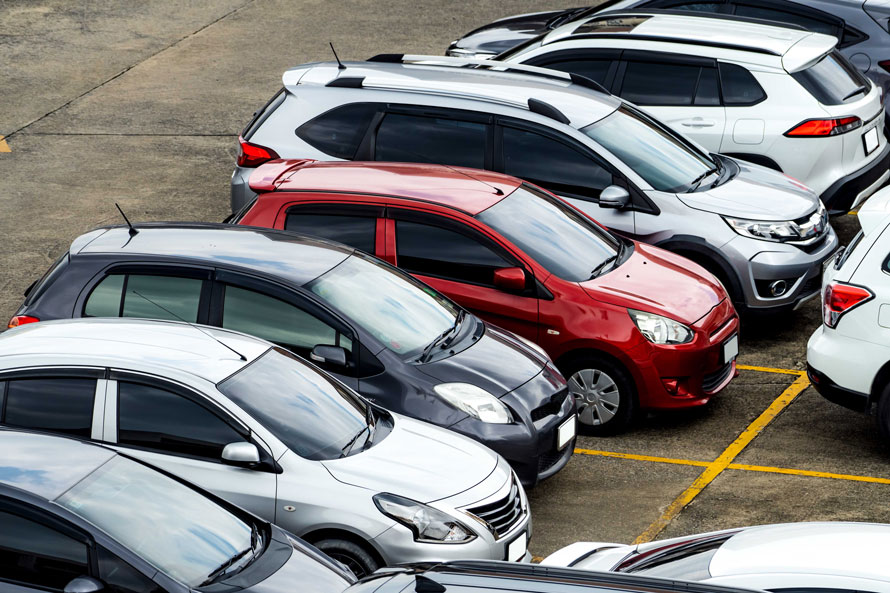When it’s time to purchase a vehicle, one of the biggest decisions you’ll face is whether to buy a new vs. used car. Both options have their advantages and drawbacks, and the best choice depends on your specific needs, budget, and preferences.
This guide will help you weigh the pros and cons of buying a new car versus a used car to determine which is the right fit for you.
Advantages of Buying a New Car
One of the most significant benefits of buying a new car is access to the latest technology and features. New cars often come equipped with advanced safety systems, cutting-edge infotainment options, and improved fuel efficiency. These features can enhance your driving experience and provide peace of mind on the road.
New cars typically come with comprehensive warranty coverage, protecting you from unexpected repair costs for several years. This warranty can include bumper-to-bumper coverage, powertrain warranties, and even complimentary maintenance for a specific period. This security can be a major advantage, reducing the cost and hassle of repairs.
When you buy a new car, you have the opportunity to customize it to your exact specifications. You can choose the color, trim, and optional features that best suit your tastes and needs. This level of personalization is often not possible with used cars, which come as-is.
Drawbacks of Buying a New Car
The most obvious downside to buying a new car is the higher purchase price. New vehicles can be significantly more expensive than their used counterparts, which can strain your budget. Additionally, new cars often come with higher sales taxes and registration fees.
New cars depreciate quickly, losing a significant portion of their value within the first few years. This rapid depreciation can be a disadvantage if you plan to sell or trade in the car within a few years.
Advantages of Buying a Used Car
One of the main advantages of buying a used car is the lower purchase price. Used cars are generally much more affordable, allowing you to get more for your money. You may be able to buy a higher-end model or a car with more features than you could afford if buying new.
Used cars depreciate at a slower rate than new cars. Since the initial steep depreciation has already occurred, the value of a used car tends to remain more stable over time. This can be beneficial if you plan to sell the car in the future.
Insurance premiums for used cars are often lower than those for new cars. The value of the vehicle is a significant factor in determining insurance rates, and since used cars are less expensive, they cost less to insure. This can result in significant savings on your insurance premiums.
Drawbacks of Buying a Used Car
While many used cars are still under the manufacturer’s warranty, this coverage is typically more limited than that of a new car. Once the warranty expires, you may be responsible for repair costs. Some dealerships offer extended warranties for used cars, but this can add to the overall cost.
Used cars can have more wear and tear, leading to potential repair issues. Even if a used car has been well-maintained, it’s more likely to need repairs than a new car. It’s important to budget for possible maintenance and repairs when buying used.
When buying a used car, your choices are limited to what is available in the market. This means you might have to compromise on color, features, or model year. Additionally, you won’t have the option to customize the car to your exact specifications.
Deciding whether to buy a new car or a used car depends on your individual circumstances and preferences. Matthews-Currie Ford offers a wide selection of both new and high-quality used cars. Enjoy exceptional customer service and make a smart investment in your next vehicle today.





